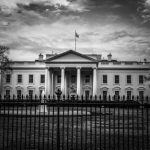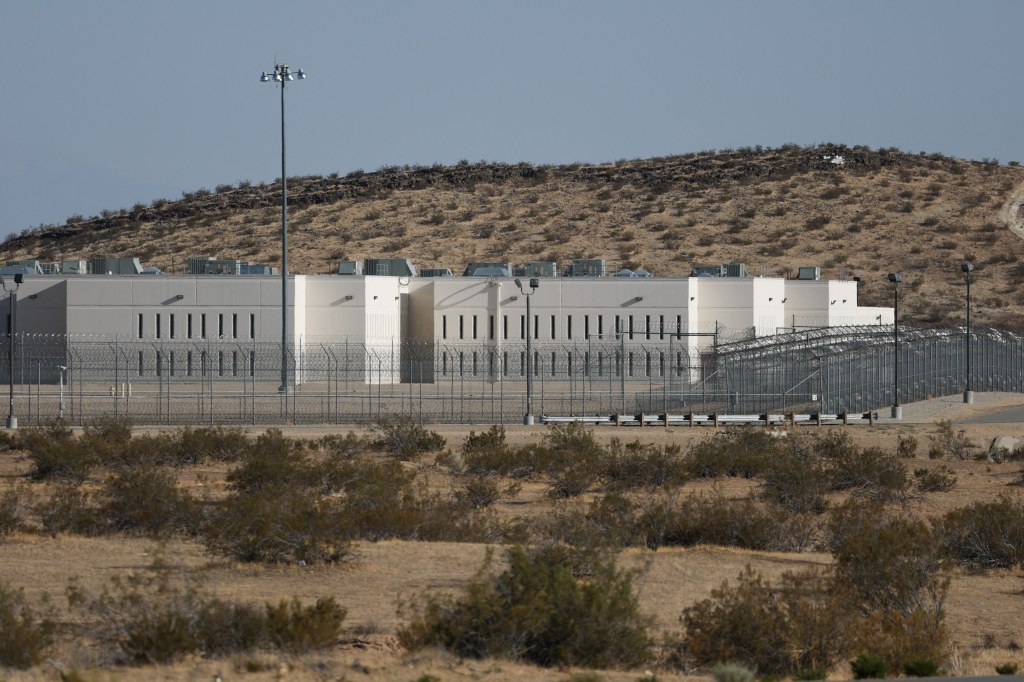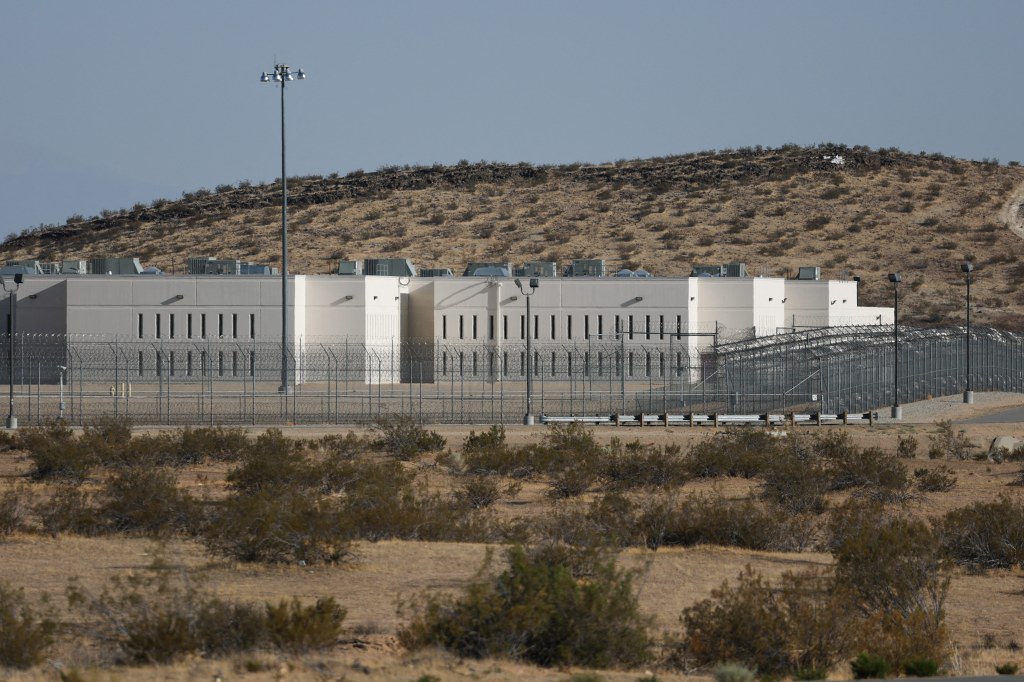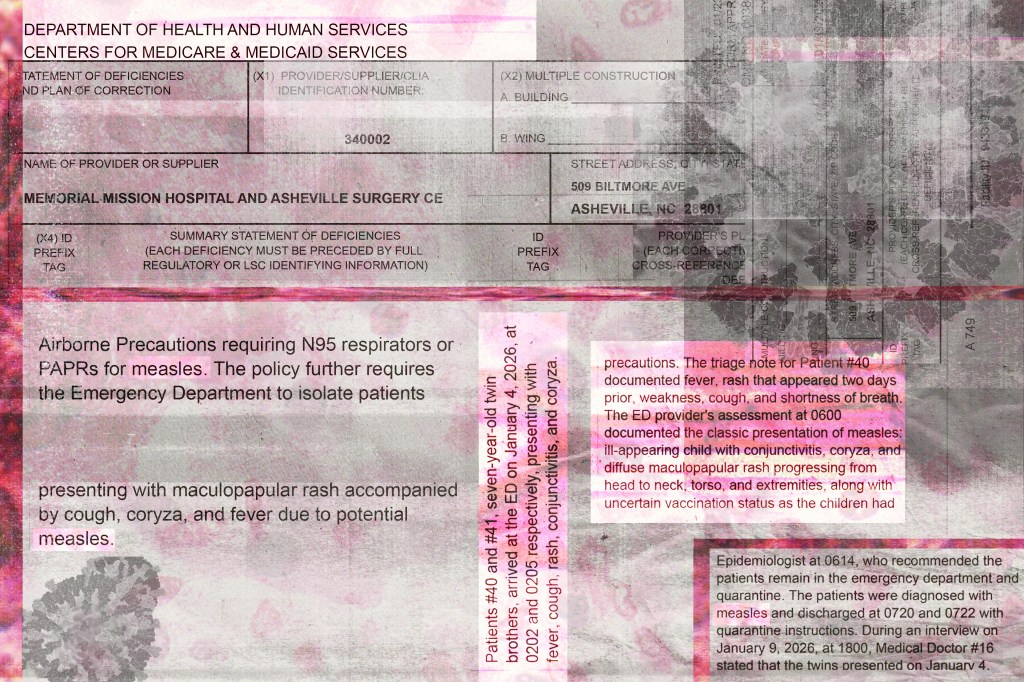Perhaps so according to Politico:
Trump early next week is expected to sign an executive order directing aides to pursue the initiative, called “most favored nation,” for a selection of drugs within the Medicare program. The idea would use the administration’s authorities to force prices down…
White House officials initially pressed congressional Republicans to draft in their megabill a “most favored nation” provision tying the cost of medicines in Medicaid to the lower prices developed countries pay abroad.
Many countries use reference pricing (see my blog post here). However, as I have written in the past, US cost savings are likely to be much less than many policymakers expect.
More specifically, my USC colleagues Darius Lakdawalla and Dana Goldman argue that the ‘Most Favored Nation’ clause would be problematic to implement in practice for three reasons:
1. It is easily gamed. Rather than drive U.S. prices lower, drug companies and their overseas customers could create the appearance of higher prices overseas by agreeing to confidential rebates — already common overseas — that produce the same old low net prices. The U.S. government might try to compel drug companies to disclose their rebates, but that would run afoul of foreign laws requiring confidentiality.
2. It can’t undo the basic economics of the global drug marketplace. Our research at the USC Schaeffer Center reveals about 70% of global pharmaceutical profits flow from the U.S. market. Facing a choice between deep cuts in their U.S. pricing or the loss of weakly profitable overseas markets, we can expect many firms to pull out from overseas markets at their earliest opportunity, leaving U.S. consumers with the same prices, pharmaceutical manufacturers with lower profits, and future generations with less innovation. In sum, everyone loses.
3. It cedes pricing decisions to foreign governments. Our Western peers do not share U.S. views on how to value new medicines. To wit, the British National Health Service has long considered health improvements to be as low as one-third the value of even conservative American valuations. And other developed countries have shown ample willingness to simply deny access to all their consumers if they are offered a price that they think fails to represent value, according to their artificially low conceptions of it.
A Forbes article by Joshua P. Cohen also notes that Most Favored Nation policies may be blocked by the courts for violating the Commerce Clause. What is the Commerce Clause and how would international reference pricing (potentially) violate this clause? As I am not a legal scholar, I turn to Perplexity to offer one answer:
The Commerce Clause (Article I, Section 8, Clause 3 of the U.S. Constitution) gives Congress the exclusive power to “regulate Commerce with foreign Nations, and among the several States, and with the Indian Tribes.” It bars states or federal agencies from enacting policies that effectively control trade or prices beyond U.S. borders unless Congress has expressly authorized them to do so.
Tying U.S. drug reimbursement rates to prices set by foreign governments-in other words, adopting an international reference‐pricing model-would import foreign price controls into American law and exert extraterritorial pressure on overseas markets. Because such a policy would in effect regulate commerce with other nations without new legislation, it risks usurping Congress’s sole authority under the Commerce Clause and could be struck down as unconstitutional.
Claude and ChatGPT note that as Congress possesses broad authority under the Commerce Clause to regulate interstate commerce, including pharmaceuticals, a Most Favored Nation policy for pharmaceuticals may overcome these objections, especially if structured to fall strictly within Medicare or federal purchasing programs.
Stay tuned to see if and how a Most Favored Nation policy is enacted in the US next week.








